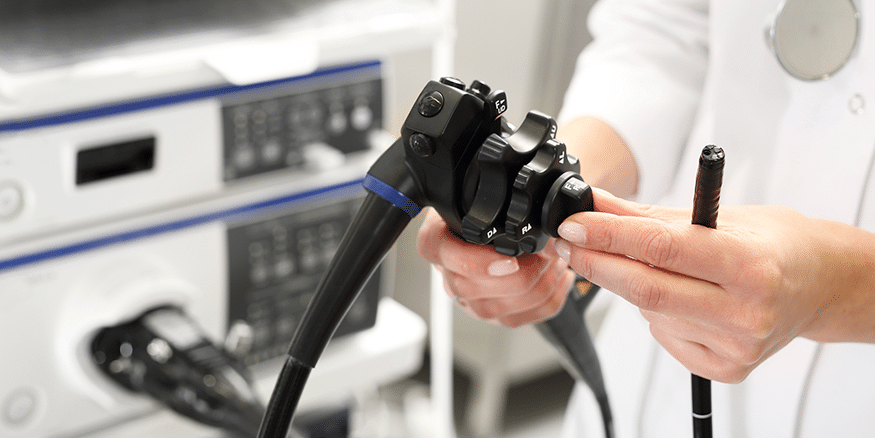
Colorectal Cancer Screening
The Honourable Leona Aglukkaq, federal Minister of Health recently said, “While colon cancer is highly treatable if caught early, it is still currently the second leading cause of cancer deaths in Canada. We can help change that by encouraging our friends and family over age 50 to speak to their doctors about getting screened for colon cancer.”
An estimated 6% of Canadians will develop colorectal cancer, half of whom will be asymptomatic until advanced stages of the disease emerge. It generally develops from benign adenomas, called polyps, which physicians can easily detect and remove during colonoscopy. It could take a polyp ten to fifteen years to develop into cancer. Screening for polyps and removing them during a colonoscopy can dramatically improve patient health outcomes, because when detected in its early stages, colorectal cancer is easily treated.
A recent poll by Leger Marketing reports nearly half of Canadians 50-74 years of age are not comfortable suggesting that loved ones get checked for colon cancer because they are afraid of embarrassing them. They should not be too concerned; the poll also showed that Canadians would rather talk about getting checked for colon cancer than about relationship problems, weight loss, or money.
A study recently published in the Canadian Medical Association Journal, and partially funded by the Canadian Society of Intestinal Research, the GI Society’s partner organization, investigated the cost effectiveness of various screening test methods. The results showed that a colonoscopy every 10 years for those over the age of 50 decreased the incidence of colorectal cancer by 81% and the rate of mortality by 83%. Those who received annual high-sensitivity fecal occult blood testing saw a drop of 65% in the incidence of colorectal cancer, and 74% less mortality. This drastic drop makes these testing methods very cost effective long-term, creating fewer hospital bills, as well as providing many individuals with years of life that are more healthy.
The researchers conclude that screening for colorectal cancer is cost effective over conventional levels of willingness to pay, and that annual high-sensitivity fecal occult blood testing, such as a fecal immunochemical test, or colonoscopy every 10 years offer the best value for the money in Canada.
Each province and territory has its own program to support individuals who want to learn more about getting checked for colon cancer or who would like to get checked. For more information, go to www.colonversation.ca.

